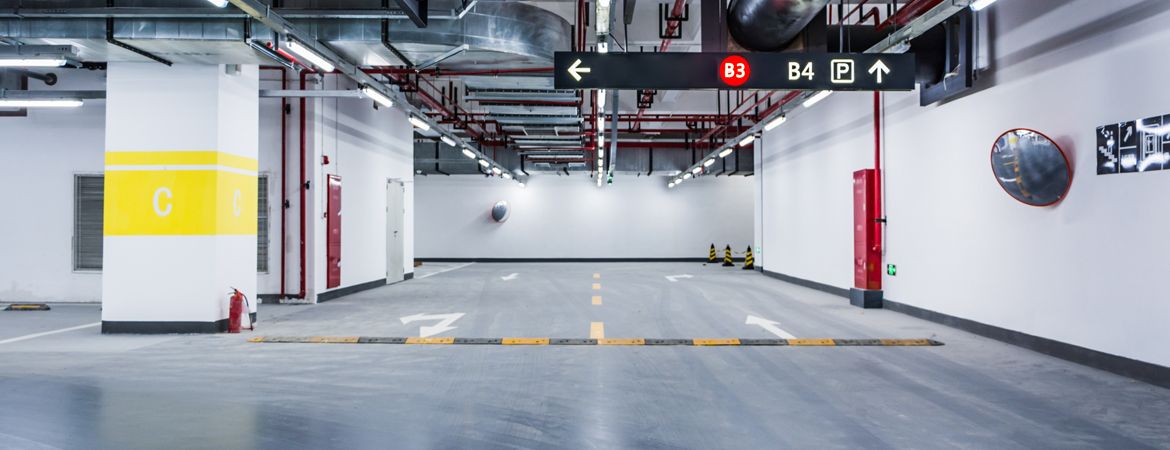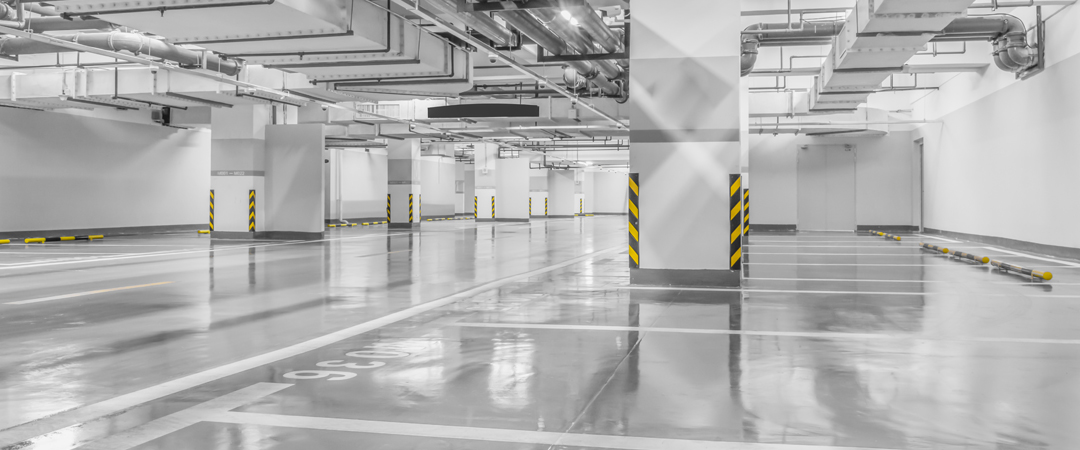
Industrial paving is particularly used in areas that are subject to heavy loads, such as warehouses or storage rooms. Since heavy objects are placed randomly in a room, the industrial floor must be evenly solid – a dosing error on one surface could lead to cracks.
INDUSTRIAL PAVING: WHAT IS IT EXACTLY?
Industrial paving entails the use of various components such as sand, stone aggregates, cement and lastly water. The paving is spread over the surface to be covered. The use of formwork panels is essential.
Once the concrete has been poured, it is necessary to wait for it to dry completely. This ensures that the product remains inert and hard for an indefinite period of time. Concrete can cover all types of surfaces, from highways and industrial facilities to parking lots and airfields.
Industrial paving is very durable and can withstand high pressure. This is why professionals prioritize this type of floor in their construction.

UsED TECHNIQUES
There are several solutions for using industrial paving in a construction. The difference between these options depends on the materials used.
To reinforce the concrete, professionals recommend the use of metal fibres as these components increase the longevity of your structure. Because concrete can deform easily under tensile stress, internationally renowned institutes recommend the use of steel fibres. However, it is also possible to use synthetic fibre to reinforce concrete.
In contrast, deactivated concrete uses exposed aggregates. Professionals appreciate this type of paving due to its decorative aspect. Yet it is as resistant as conventional concrete. Finally, carbon fibre for reinforced concrete is one of the latest discoveries in construction. This component can replace steel reinforcement. It is lighter and can withstand greater loads.
THE ADVANTAGES OF INDUSTRIAL PAVING
Concrete paving offers many advantages whether it is for a commercial building, a terrace, or a classic floor covering.

